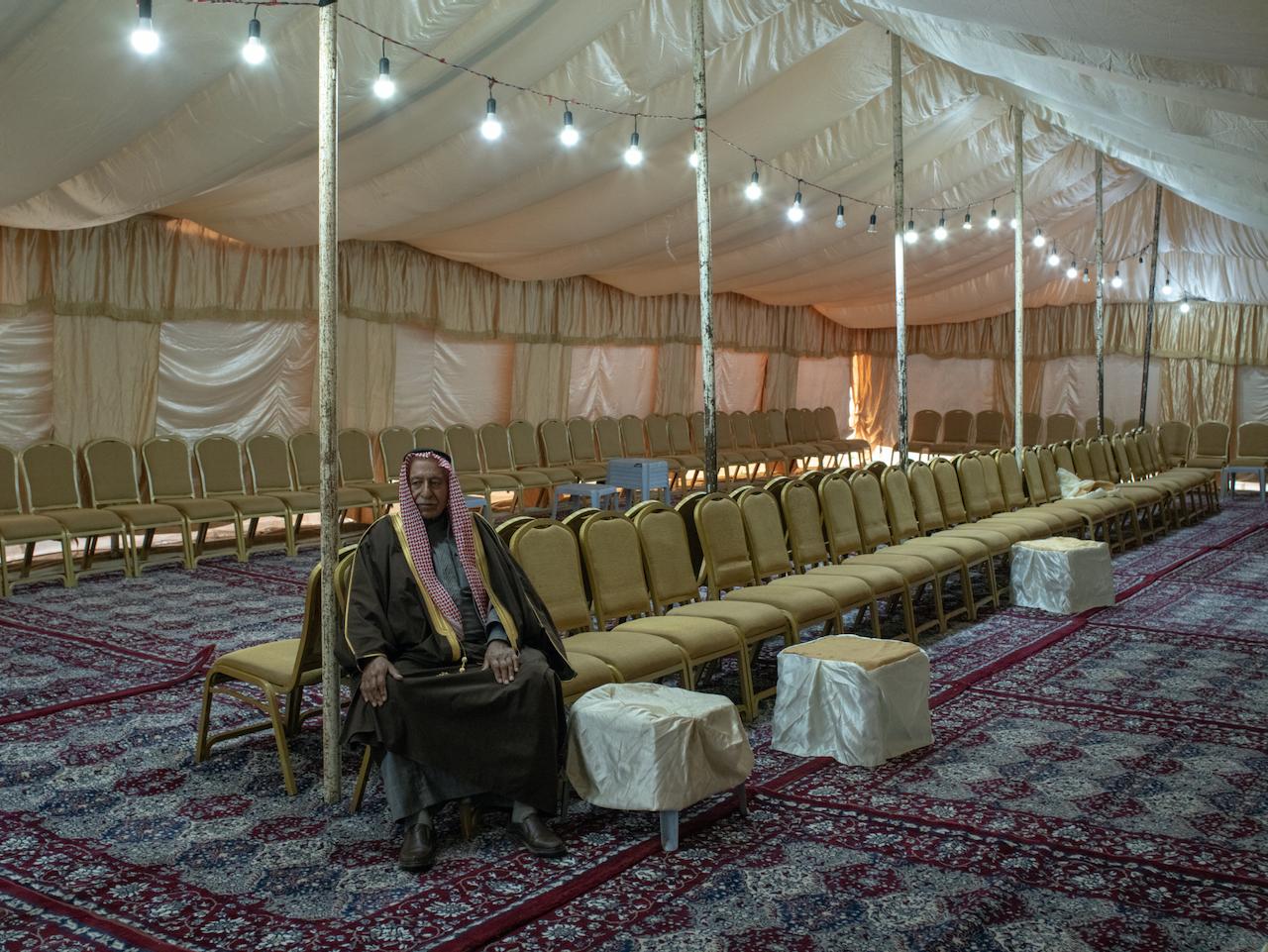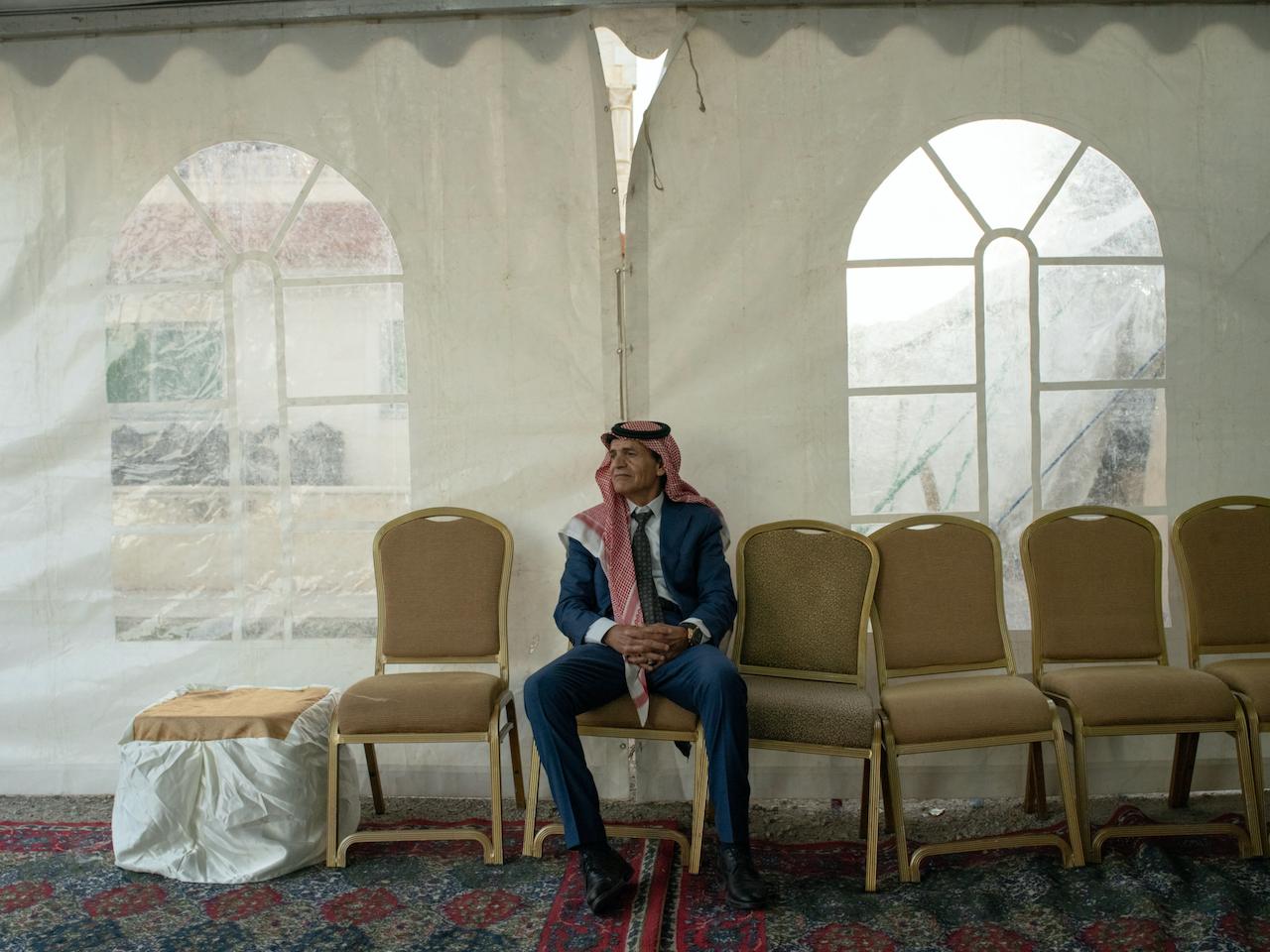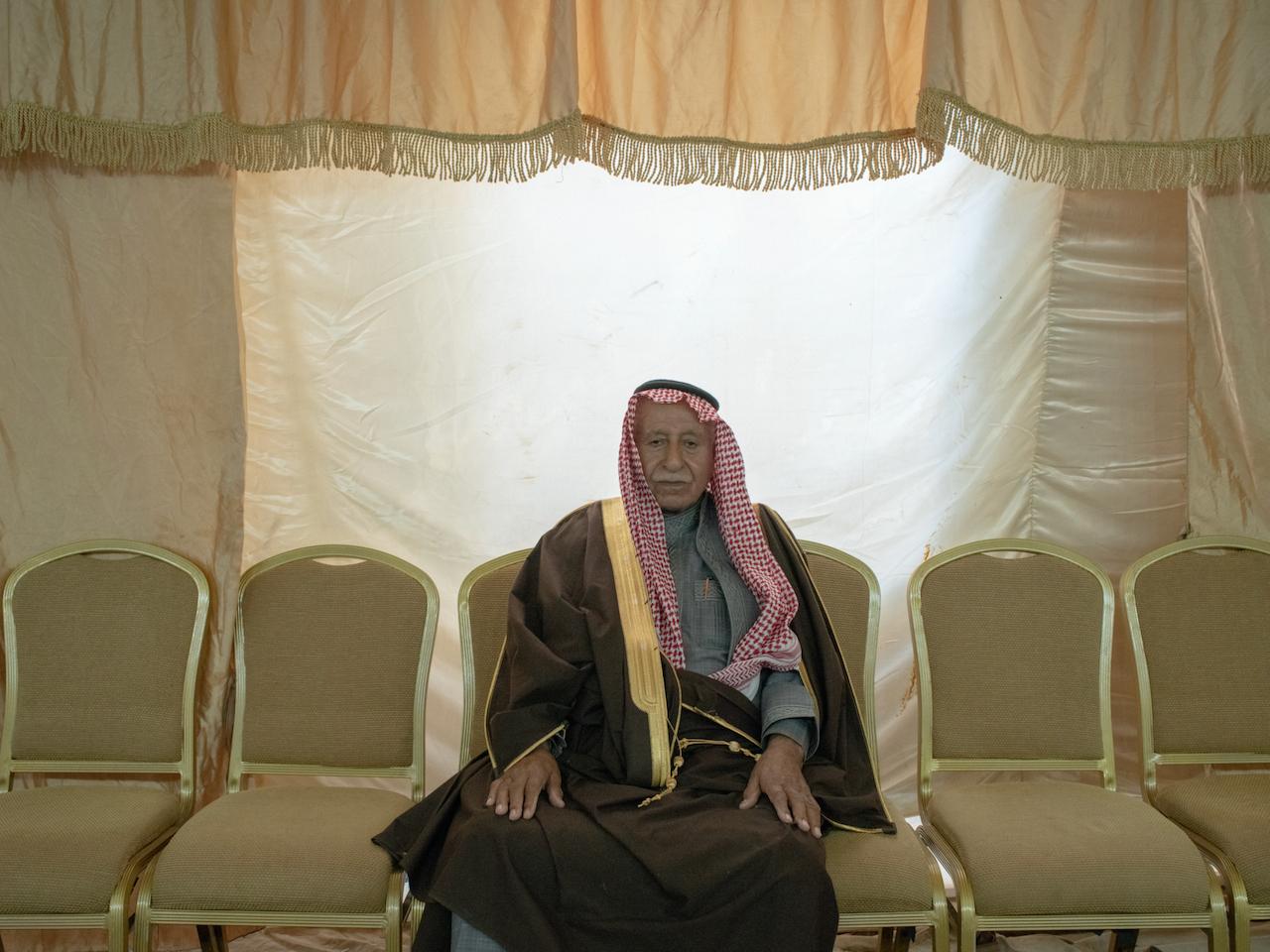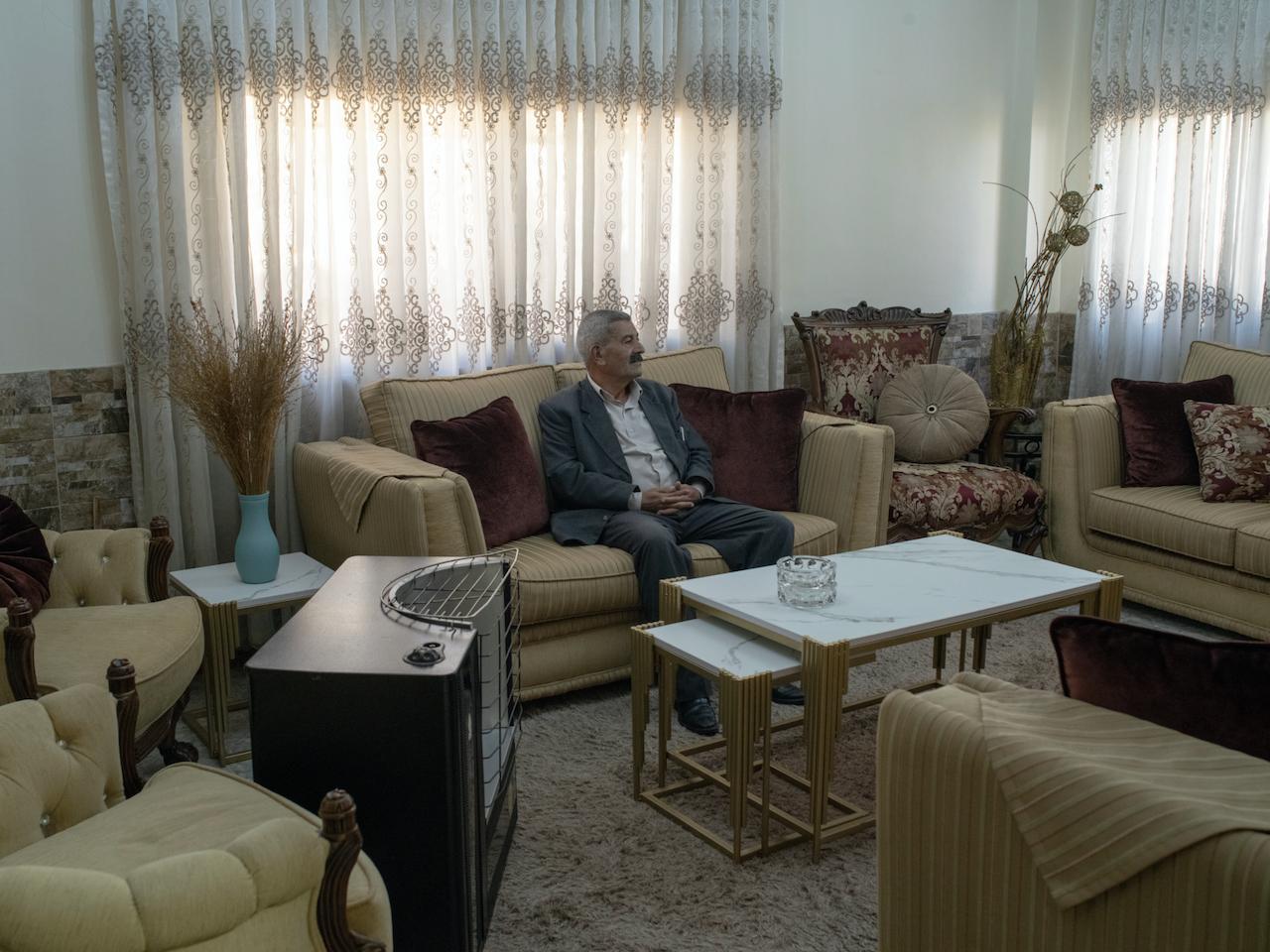As Israel-Hamas war continues, there are signs of growing sympathy for Hamas in neighboring Jordan
On a recent Friday, worshippers gathered to pray at a mosque in downtown Amman, Jordan.
As soon as the prayer was over, the crowd marched in support of the Palestinians in Gaza. They were calling the name of Abu Obaida, the nom de guerre of the spokesperson for the al-Qassam Brigades, the military wing of Hamas.
There is no official data on how many people in Jordan sympathize with Hamas. But experts say there are signs that the group has gained popularity in the wake of the Israel-Hamas war in Gaza despite the fact that Hamas is barred in Jordan.

Edmund Ratka is with the Konrad Adenauer Stiftung, a German political foundation that’s been working on civic education in Jordan for four decades.
Ratka explained that some young Jordanians say that Hamas is a better alternative to the Palestinian Authority, which they say is corrupt and ineffective.
As far as he can tell, he said, sympathy for Hamas hasn’t gone beyond chants at protests and a few posters hung up here and there. But, he added, this is not something that the West should ignore. Jordan is a close ally of the US. It was the second Arab country after Egypt to sign a peace treaty with Israel. American troops are based here.
“We see that liberal youth, in particular those that have been friendly to Western institutions like ours, are very much appalled by the European and American position in that conflict. And we are losing … we, as in Europe and the West … we are losing, in particular, those people that we have been working with to build Jordanian democracy. And this is, of course, a very concerning development.”

Last year, Jordan announced political reforms that would allow more representation of women and youth in the parliament. But as the death toll in Gaza climbs, Ratka said that political parties with close ties to the Muslim Brotherhood, which is ideologically close to Hamas, could gain more support in next year’s election.
Some Hamas supporters that The World reached out to said that they didn’t want to speak on the record because Hamas is banned in Jordan.
Marwan Muasher is the former foreign minister and deputy prime minister of Jordan.
“There is no question that Hamas has garnered a lot of sympathy, I would say, in the Arab world, in general, not just in Jordan,” Muasher said. “Not because it targeted civilians, but I think because it is seen as having stirred what was until now a very stagnant situation.”
Gaza was under a blockade for 16 years, he said, with no political resolution on the horizon. The continued construction of settlements in the West Bank and the Israeli raids on Al-Aqsa Mosque in Jerusalem have only added to the resentment, he said.
Ahmad Ali Kharabsheh, a retired military intelligence officer and a leader of the Kharabsheh tribe in Jordan, said he’s been feeling a lot of sadness and anger at what’s happening in Gaza — and what he said he believes is indifference from the international community.
In his view, he said, Hamas is “fighting to liberate their land.”
Hamas used to have a political office in Jordan. But it was shut down in 1999 after the US, Israel and the Palestinian Authority pressured King Abdullah II to close it. Now, at least one tribal leader, Trad Mohammad Muslat al-Fayez of the Bani-Sakhr tribe, is calling for the reopening of the Hamas office in Jordan. He said that there’s a lot of anger around what’s happening in Gaza.

“We don’t have any animosity toward the Jewish people, but we are against the Zionist movement,” Fayez said, speaking for the tribe.
Zionism is the effort of Jewish people to regain and retain their biblical homeland. For more context on it, check out The World’s timeline of the Israeli-Palestinian conflict or this history of Zionism from our partner, The Conversation, which includes voices for and against the movement.
He said that Hamas must exchange the remaining hostages as soon as possible, and Israel should abide by international law. It should stop the construction of new settlements and follow the 1994 UN resolution, which called for the safety and protection of the Palestinian civilians in the occupied territories.
In an interview last month conducted by the Center for Strategic and International Studies, Jordan’s Foreign Minister Ayman Safadi dismissed concerns about Hamas’ activities in his country, saying: “Hamas is not allowed to operate in Jordan; it’s not a Jordanian party. In Jordan, we have laws, we make sure everybody abides by those laws.”
The article you just read is free because dedicated readers and listeners like you chose to support our nonprofit newsroom. Our team works tirelessly to ensure you hear the latest in international, human-centered reporting every weekday. But our work would not be possible without you. We need your help.
Make a gift today to help us raise $67,000 by the end of the year and keep The World going strong. Every gift will get us one step closer to our goal!
